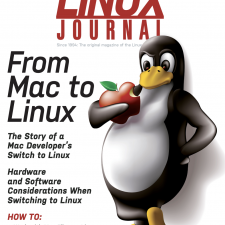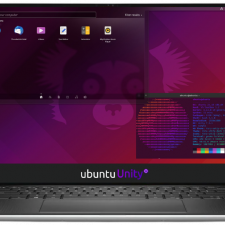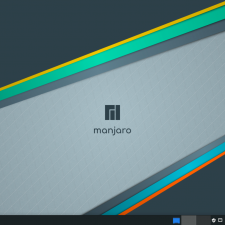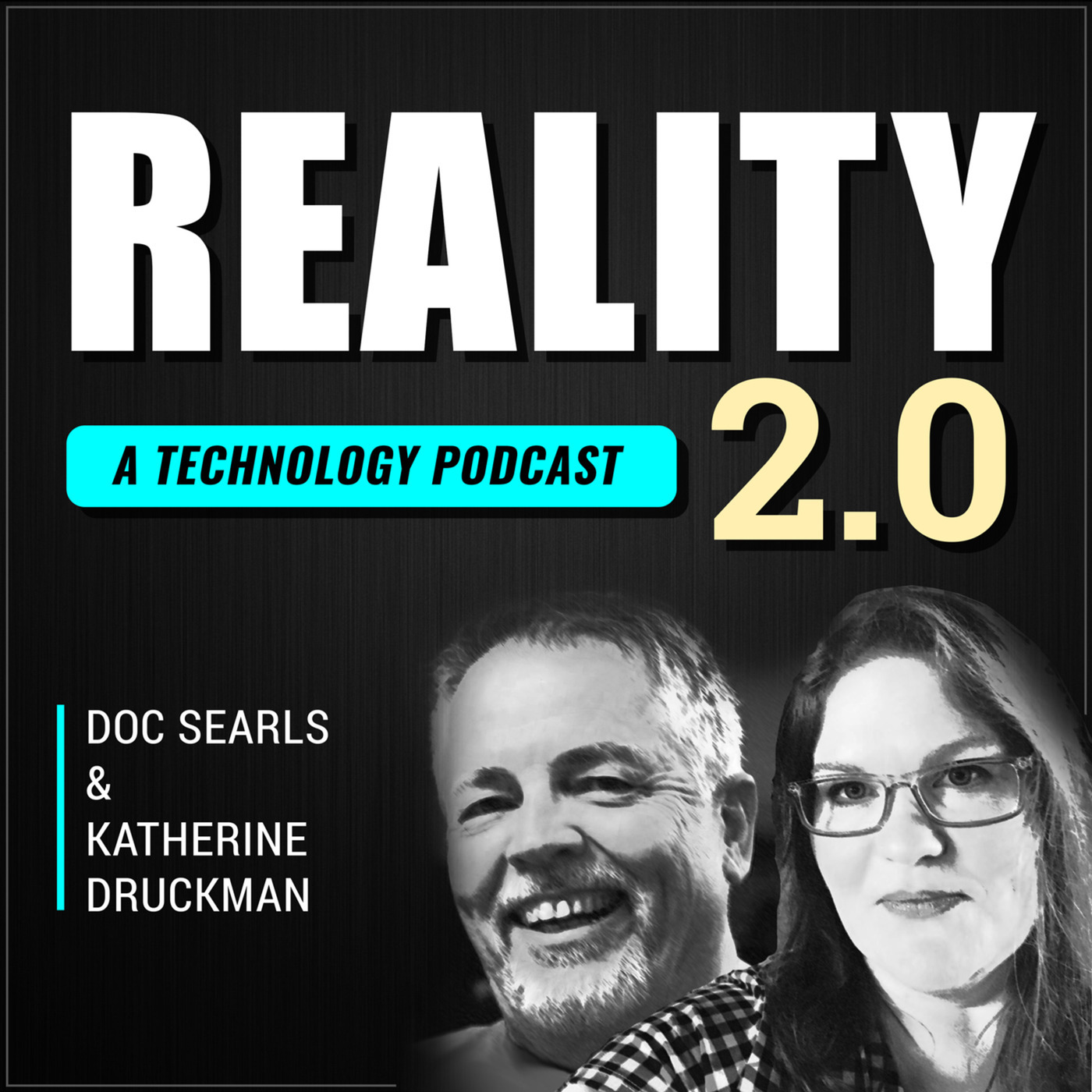Farewell CentOS and Hello Rocky Linux
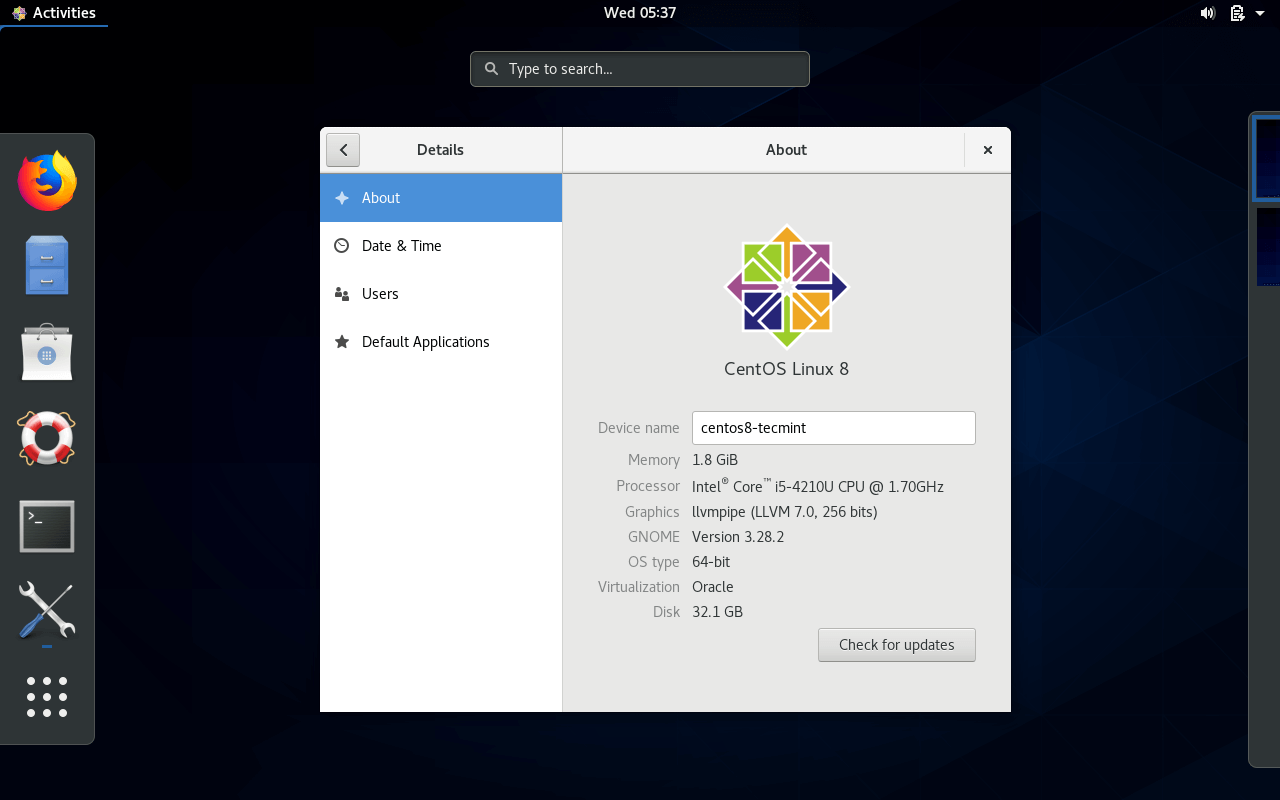
Fast forward to the present and version 8.3 is not only the latest release but as of December 31, 2021, already EOL’d by Red Hat in favor of their CentOS Stream model which takes the distribution away from its original purpose: to provide a free and open-source community-supported computing platform, functionally compatible with its upstream source, RHEL. Although, to most folks, it was just a freely available version of RHEL. Under this model, a version of CentOS was released shortly after a RHEL release of the same version literally containing the same package sources / versions but stripped of the Red Hat branding. It was binary compatible.
Now what is CentOS Stream? The problem (if you consider it a problem) with RHEL major releases is that they are few and far in-between. Upstream Linux kernel and package versions update quite frequently and significantly between these RHEL releases, introducing major security updates and new functions or features. In some cases, Red Hat will backport the more important of these updates to their RHEL distribution, making what I always called a “Frankenstein” distro. CentOS Stream attempts to alleviate some of that headache by being a midstream distro situated between upstream Fedora and downstream RHEL.
While this doesn’t spell doom for the distro, it does change it enough for the many individuals who have come to rely on the stability and comfort of what the distro was originally intended to be. It should be noted that this is not the only time that Red Hat created a commotion with CentOS. Back in 2014, Red Hat acquired CentOS leading to rumors and speculation that they would kill the distribution right then and there. To everyone’s surprise, they did not.
Anyway, as with anything open source, this was not the end. Forks were created, the most popular being Rocky Linux. The project was founded by the original founder of CentOS, Gregory Kurtzer, to achieve the original goals of CentOS. I anticipate that in the coming few years we will find many companies that have been relying on CentOS either within their data center or as part of the solution they distribute to their customers switch over to Rocky Linux (or something similar).
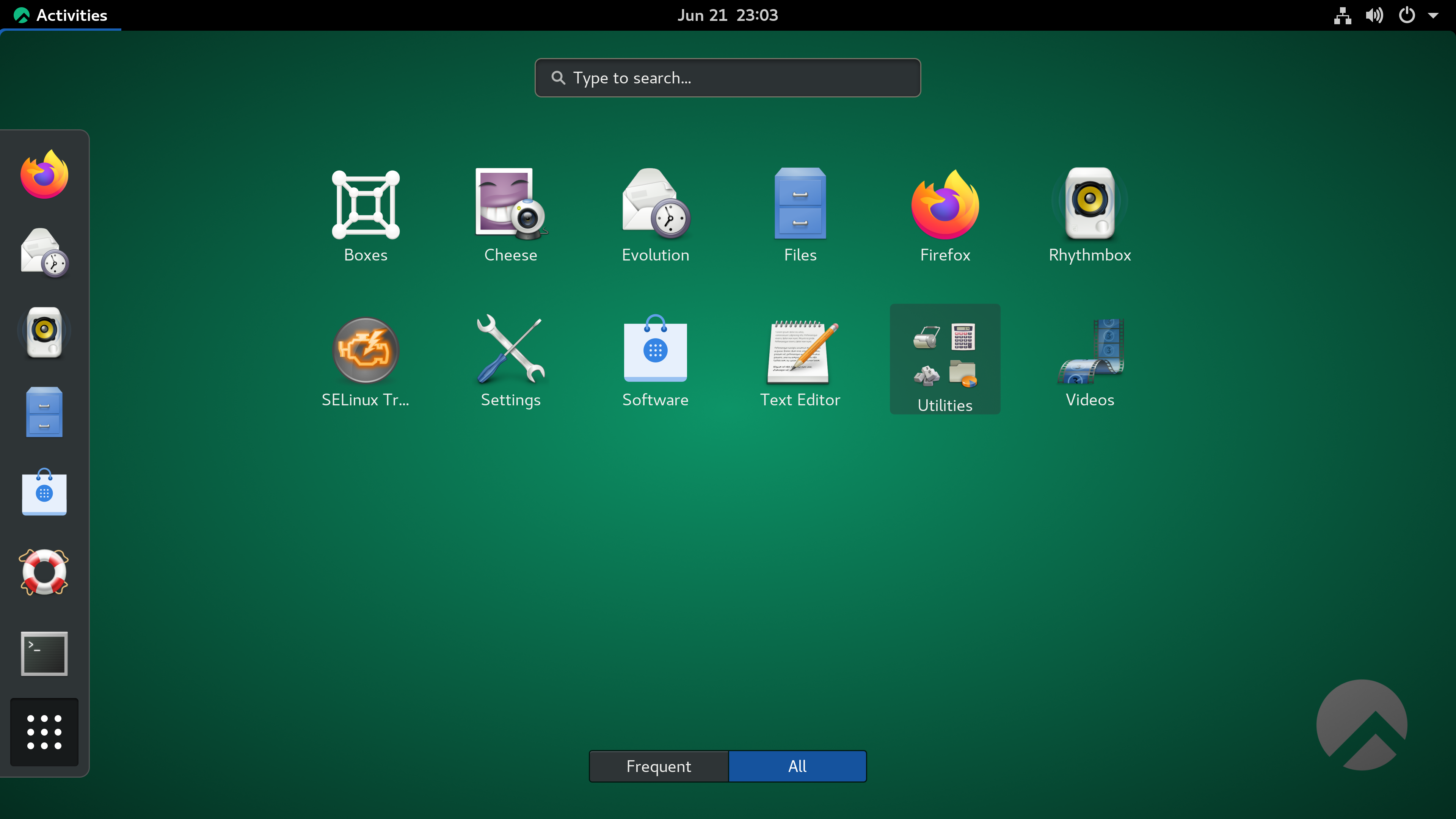
![Random [Tech] Stuff](https://koutoupis.com/wp-content/uploads/2022/01/koutoupis-logo-3.png)
